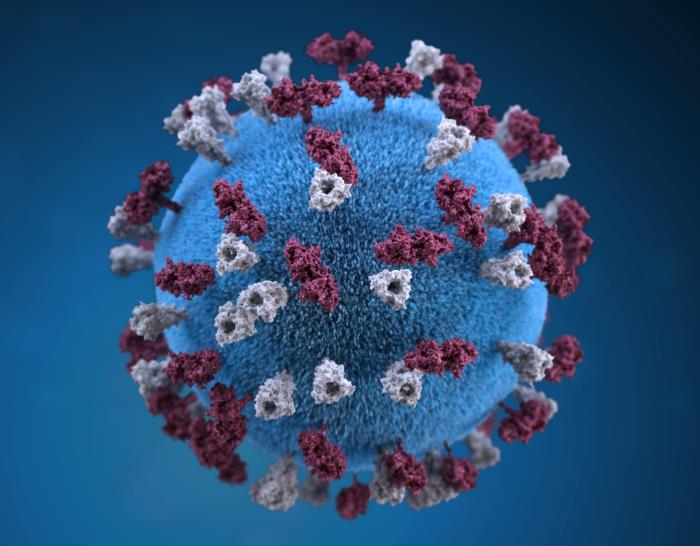Measles
The Auckland Regional Public Health Service has been notified of a new case of measles from recent travel overseas, and requests people watch for symptoms of measles if they have been to the following public places at the same times as the infected person.

Westfield Mall Albany
Sunday 7 May, 5.20pm to 6pm
Hobsonville Countdown
Tuesday 9 May, around 5.30pm
Ferry from Auckland City to Hobsonville Point
Monday 8 May, 6.15pm sailing
Wednesday 10 May, 5.15pm sailing
Ferry from Hobsonville Point to Auckland City
Wednesday 10 May, 8am sailing
Auckland domestic check-in and airport departure lounge
Friday 12 May, 3pm – 5.30pm
Medical Officer of Health Dr Josephine Herman asks people who visited any of the locations within these time frames to call their doctors’ practice if they are unsure of their immune status. People are considered immune if:
- they have already had measles
- they have received two doses of the MMR vaccine after their first birthday
- if they are born before 1969 (as they are very likely to have had measles as a child)
Measles usually begins with a high fever, runny nose, cough and sore red eyes, followed by a rash starting behind the ears and spreading to the body a few days later.
Should anyone be infected by this person, they may start to develop symptoms from 17 – 26 May 2017. Those with symptoms should seek medical advice and keep away from public places such as school, work, childcare, malls or public transport.
If someone suspects they have measles, Dr Herman says they should call their doctors’ practice first before arriving. “Please don’t just turn up at the doctor’s as you could infect people in the waiting room.”
One in three people with measles will develop complications, such as ear infections, pneumonia, diarrhoea or rarely inflammation of the brain
Mumps
Since 01 January 2017, Auckland Regional Public Health Service has received 79 confirmed and probable cases of mumps, with most arising in West Auckland. Almost half of these cases are aged between 10 to 19 years.
Cases have been reported in primary and secondary schools and more recently tertiary institutions. As in other countries where large school and tertiary institution outbreaks have occurred, the potential for major disruption to student learning is a concern. Health officials urge all parents of school students and tertiary students to check that their measles-mumps-rubella (MMR) immunization is up to date.
Related:
- HIV: Charlie Sheen’s disclosure led to uptick in OraQuick sales
- Scarlet fever in Hong Kong: Cases rise significantly in recent years
- Norovirus cases top 2000 in Yolo County, Sacramento County schools reporting suspect cases
- China bird flu: 1st H7N9 avian flu case reported in Shanxi Province

